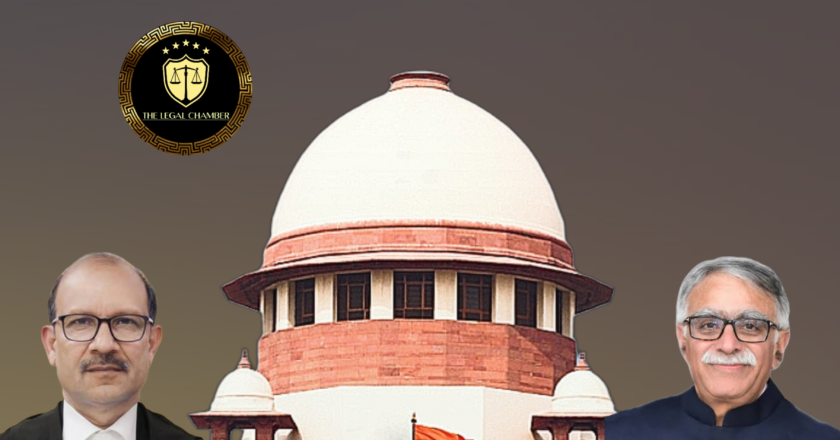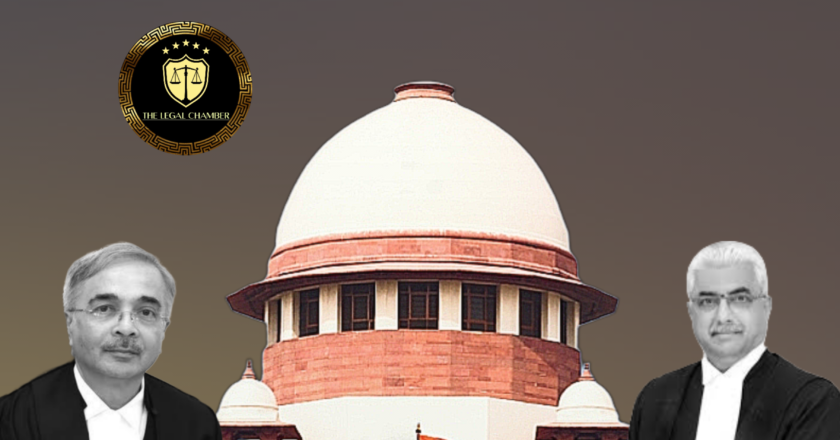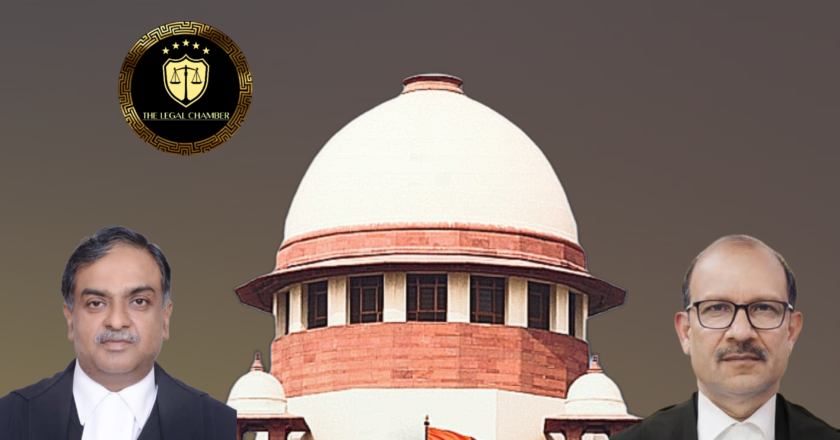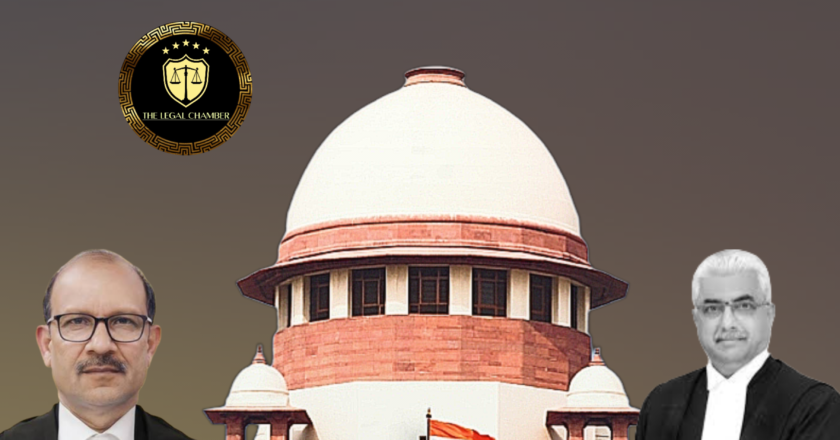Arbitrator’s Inaction for 4 Years Leads to Award Being Quashed: Supreme Court Ruling
In appeals arising from a delayed and unworkable arbitral award, the Supreme Court held that inordinate and unexplained delay in pronouncement can vitiate an award if it explicitly and adversely impacts its findings, rendering it contrary to public policy or patently illegal under Section 34 of the Arbitration Act. The Court further clarified that such an unworkable award, which fails to resolve disputes and irreversibly alters parties' positions, is liable to be set aside, and in exceptional circumstances, the Court may exercise its jurisdiction under Article 142 of the Constitution to do complete justice.
Facts Of The Case:
The case originated from a Joint Development Agreement (JDA) dated 17.12.2004 between respondent landowners and a developer (later amalgamated into the ...









